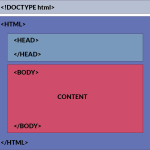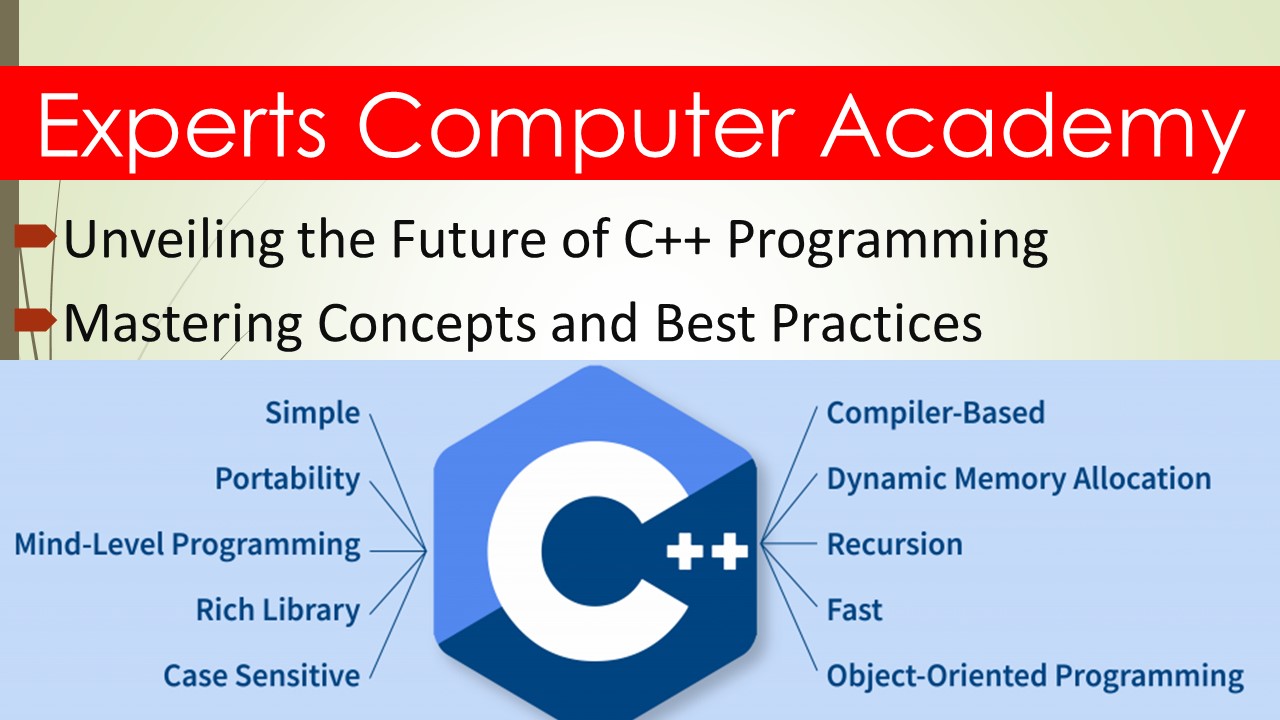In the vast realm of programming languages, C++ stands out as a versatile and powerful tool cherished by developers worldwide. As technology continues to evolve, the concept of C++ programming remains ever-relevant, offering a robust foundation for building complex software systems. In this article, we delve into the future of C++, exploring how mastering its concepts and adhering to best practices can unlock boundless possibilities for developers.
Mastering C++ Programming: The Foundation of Innovation
At its core, mastering C++ programming entails understanding its fundamental concepts and principles. From object-oriented programming to memory management, developers must grasp the intricacies of C++ to harness its full potential. By mastering the nuances of classes, inheritance, polymorphism, and encapsulation, developers can design elegant and efficient solutions to complex problems.
Moreover, delving into advanced topics such as templates, exception handling, and multithreading empowers developers to create robust and scalable applications. With a deep understanding of C++ concepts, developers gain the flexibility to tackle a wide range of projects, from high-performance software to resource-constrained embedded systems.
The Future of C++: Innovation and Adaptation
Despite the emergence of newer programming languages, the future of C++ remains bright. As technology evolves, C++ continues to evolve alongside it, incorporating modern features and enhancements to meet the demands of contemporary software development. With the upcoming release of C++23, developers can expect a plethora of new features and improvements, ranging from modules and coroutines to standardized library enhancements.
Furthermore, the growing adoption of C++ in emerging fields such as machine learning, game development, and autonomous systems underscores its enduring relevance. As industries seek high-performance solutions with low-level control and efficiency, C++ remains the language of choice for demanding applications.
C++ Best Practices: Building Robust and Maintainable Codebases
In the fast-paced world of software development, adhering to best practices is paramount for building robust and maintainable codebases. When it comes to C++, following established best practices ensures code readability, scalability, and reliability. From naming conventions and code organization to error handling and memory management, adopting best practices fosters collaboration, reduces technical debt, and enhances code quality.
Moreover, leveraging modern C++ features such as smart pointers, standard algorithms, and constexpr expressions empowers developers to write concise and expressive code while minimizing common pitfalls and vulnerabilities. By embracing a test-driven development approach and leveraging tools such as unit testing frameworks and static analyzers, developers can identify bugs early in the development process and ensure the stability and correctness of their codebases.
In conclusion, mastering C++ programming is not just about learning syntax and semantics; it’s about understanding its underlying concepts, embracing innovation, and adhering to best practices. As the landscape of software development continues to evolve, C++ remains a timeless language that empowers developers to push the boundaries of innovation and create software that shapes the future.






